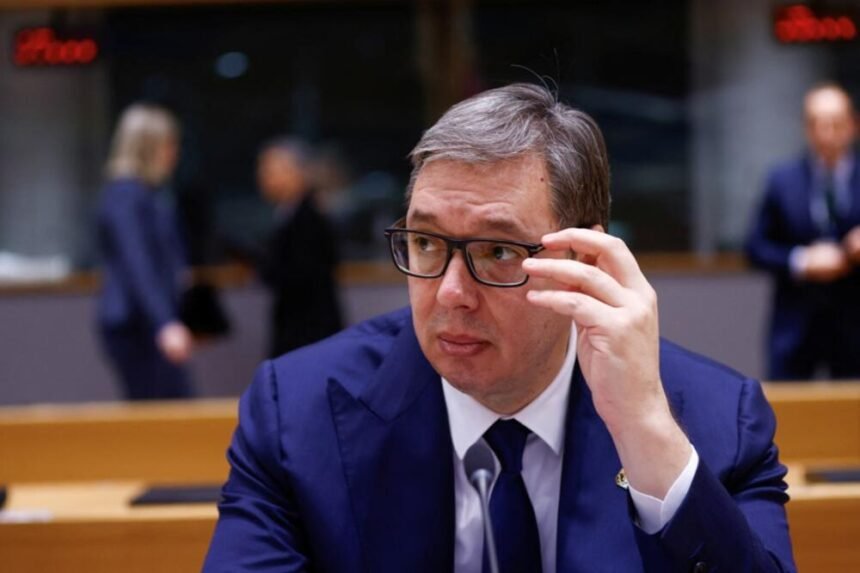Serbian President Aleksandar Vučić stated today that he personally contacted Dijana Hrka and Uglješa Mrdić, both currently on hunger strike, urging them to halt their protest. Hrka, whose son Stefan was among the 16 victims of the Novosad railway station canopy collapse, has been on hunger strike for nine days, while Mrdić has fasted for eleven days.
Vučić announced the phone calls and his invitation for Hrka to meet him at the Presidency, emphasizing concern for their health. In an Instagram post, he wrote:
“I asked them to end the hunger strike. All good people in Serbia are concerned about their health, and I hope they will decide to stop.”
However, Hrka remains resolute, stating earlier to N1 that she will not end her strike until institutions take action and fulfill their responsibilities. She expressed outrage over a reported “cannon shot” thrown near her tent early this morning, which she described as a provocation and a sign that foreign institutions may need to intervene.
Hrka began her hunger strike on November 2, the day after a commemorative gathering marking the anniversary of the canopy collapse. She demands prosecution of those responsible, the release of all detained students, and the calling of early parliamentary elections.
Meanwhile, SNS parliamentarian Uglješa Mrdić is also on hunger strike, calling for the arrest of former Railway Infrastructure officials Nebojša Bojović and Milutin Milošević and their associates, whom he holds responsible for the tragedy. Mrdić claims that current prosecutors, Zagorka Dolovac and Mladen Nenadić, are failing to act properly, protecting those responsible instead of ensuring accountability.
The Novosad railway canopy collapse has reignited public scrutiny of Serbia’s political and judicial system, highlighting perceived impunity and lack of institutional accountability. Observers note that Vučić’s attempt to engage the hunger strikers underscores the growing pressure on the government, yet critics argue that real change would require systemic accountability, not symbolic gestures.







